I attended a meeting recently at the headquarters of the Joint Admissions and Matriculation Board in Bwari, Abuja: the post-2017 Unified Tertiary Matriculation Examination review meeting chaired by the JAMB registrar, Professor Ish-aq Oloyede. Participants included Professor Oloyede and his technical team, field officers and other staff, all the Chief External Examiners who supervised the 2017 UTME, across Nigeria, mostly Vice-Chancellors of universities, and provosts/rectors of polytechnics and colleges of education, in addition to major stakeholders from civil society.
The JAMB Registrar presented a detailed report on the conduct of the 2017 UTME, matters arising were identified and the meeting took certain decisions about the way forward, the details of which have since been published. The 2017 UTME was conducted throughout Nigeria between Saturday 13th and Saturday 20th May 2017, at 140 examination centres, 642 Computer-Based Test Centres, with 7,000 invigilators and monitors and 1, 722, 236 candidates.
It was the first examination to be conducted under Professor Oloyede’s watch as JAMB Registrar. He was full of appreciation for the efforts and contributions of everyone, including the civil society and security agencies who helped to ensure the success of the examination. The meeting noted that Oloyede and his team had also done an excellent job in organizing a commendable Computer-Based Examination across the country. In recent years, JAMB has insisted on computerizing its examinations, and under Oloyede, there has been not only an emphasis on this but also on the integrity and credibility of the examination. The Report presented by the JAMB Registrar was comprehensive, confident and informative.
In 2017, JAMB examined the highest number of candidates in its forty years of existence: 1.7million, with the highest number of participating external officials and monitors. The first point the meeting noted however, was that the figure of 1.7 m does not actually reflect the true number of candidates who sat for the examination. More than 300, 000 of the candidates engaged in double or triple registration, and where it could be established that any candidate sat for the examination more than once, such a candidate was automatically disqualified. A total of 666 cases were reported in this regard.
For planning purposes, the figure of 1.7 m was misleading, a fact that was worsened by the fact that more than 50% of the candidates do not even have the pre-requisite qualifications, and in reality, more than 70% of all candidates applied for courses in the Arts and Social Sciences, whereas for national manpower development purposes, the expectation is that the Sciences should produce up to 70%.
The message here is clear: higher education admission processes ought to reflect the country’s manpower needs, and there is no doubting the fact that at the moment, there is a mismatch between our country’s manpower production processes and the job market, and this is perhaps in a way responsible for the country’s unemployment crisis. As it were, Nigeria’s higher education system produces graduates that do not fit into the demands of the job market.
Oloyede was more agitated about matters of integrity, credibility, accountability and transparency. He asked the meeting to take a close look at cases of examination irregularities and malpractice and take a decision. We were informed that a total of 1, 386 candidates all properly identified and documented were guilty of the following offences: impersonation, possession of prepared answer scripts, smuggling of foreign materials into the examination venue, possession of electronic gadgets including telephone, copying and spying from foreign materials, unruly behaviour, violent conduct, collusion, multiple registration and examinations. We were all shocked when Oloyede asked his staff to present to the meeting, concrete evidence of examination malpractice. We were shown shirts, with presumed answers written out in the inner lining, slippers, belts, handkerchiefs, and all kinds of strange devices that candidates across the country smuggled into examination centres.
It turned out that a criminal gang had developed around the UTME, involving persons who deceived candidates into believing that they had access to examination questions. Such questions with prepared answers were sold to candidates ahead of the examination. But according to JAMB, this was meaningless, because the examination questions were sent electronically to the centres only on the day of the examination, and JAMB did not use the same set of questions, at any time, either in the morning or the afternoon.
The bigger problem came from the operators of the Computer-Based Test Centres, who colluded with candidates and parents to compromise the examination. Many of these CBT centres collected gate fees, ranging from N2, 000 to N20, 000 and higher, they recruited thugs, they deliberately created technical problems to assist candidates to cheat (in some cases, the CCTVs installed by JAMB were either switched off or covered up); some centres also ran parallel communication cables to secret rooms where ghost candidates who had done what is called 8 x 2 fingerprinting, involving a candidate and a substitute, ghost-wrote the examination. Oloyede reported that JAMB did its best to track down all the fraudulent centres, across the country, 25 centres were involved in centre-induced malpractice, with 57, 646 candidates. Some other centres had technical issues, and in total, JAMB proposed that 72 centres in 18 states of the Federation should either be delisted or suspended.











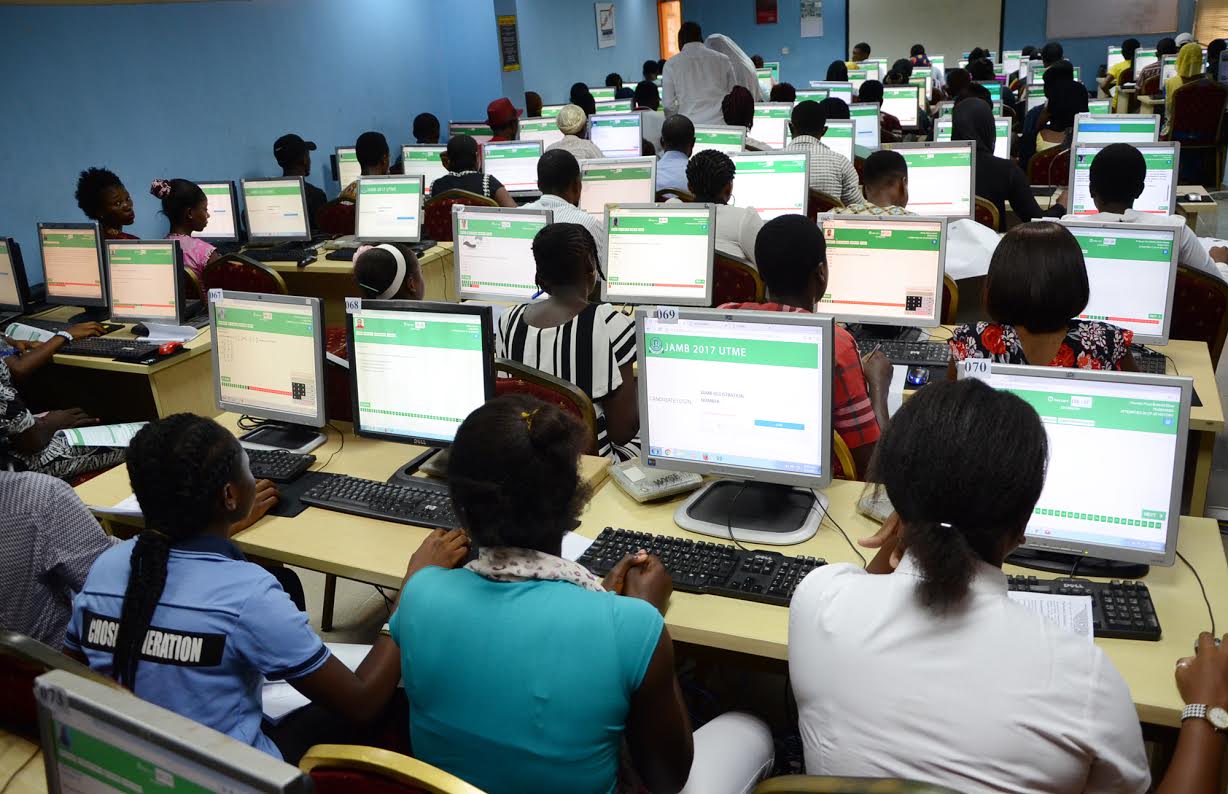








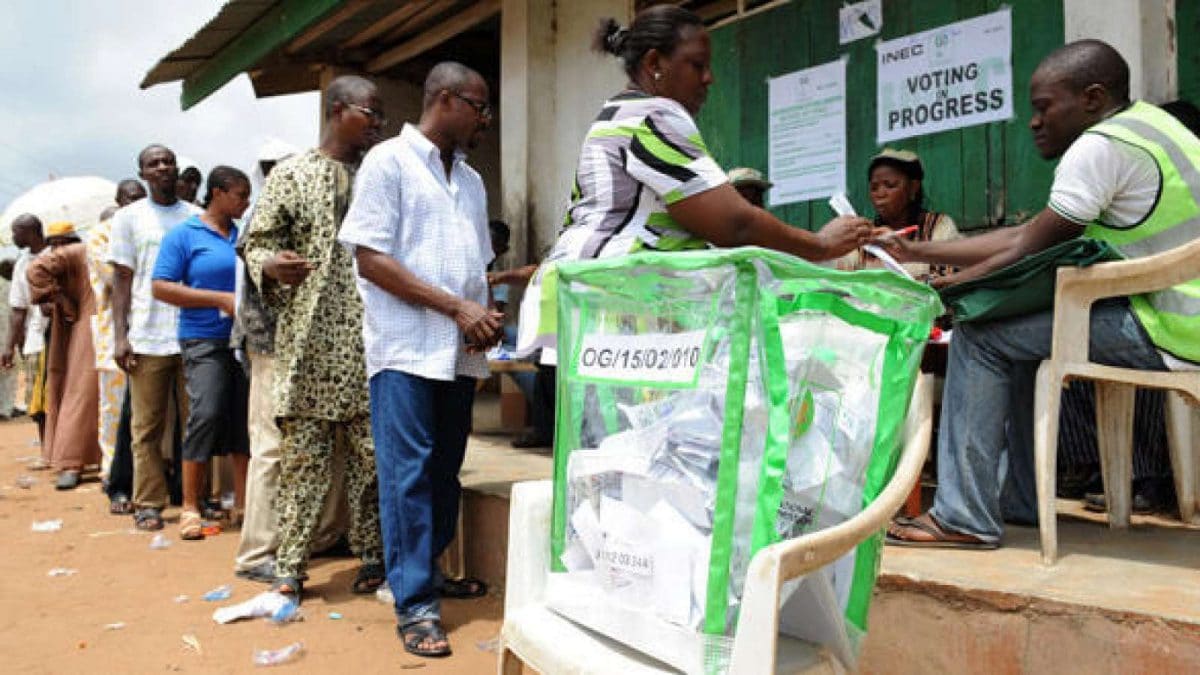
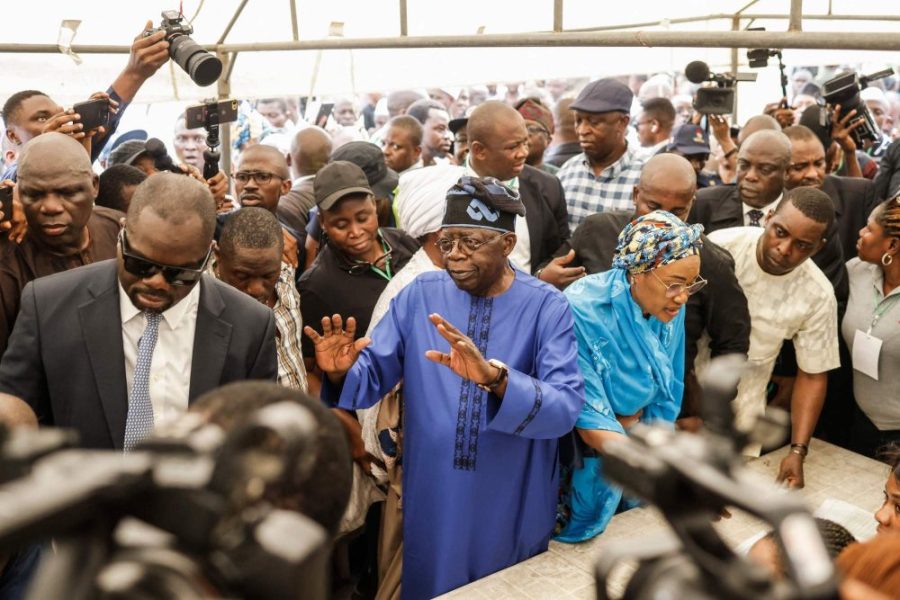
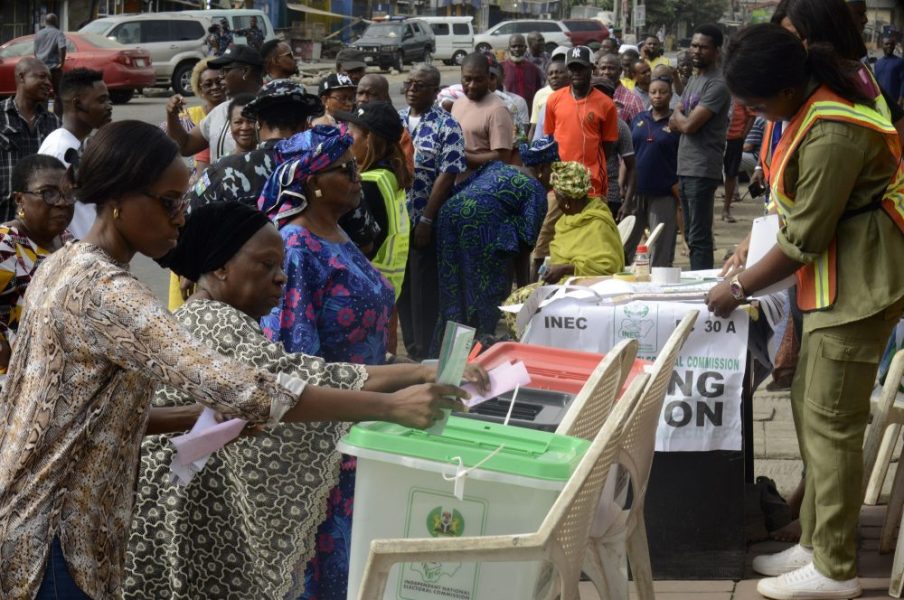
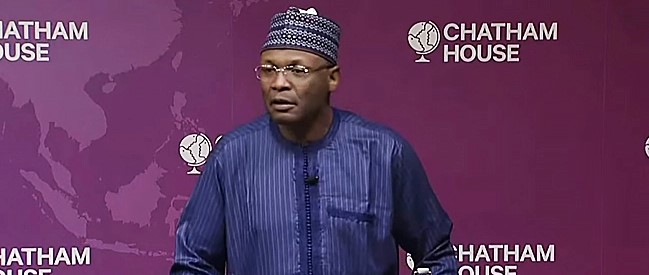
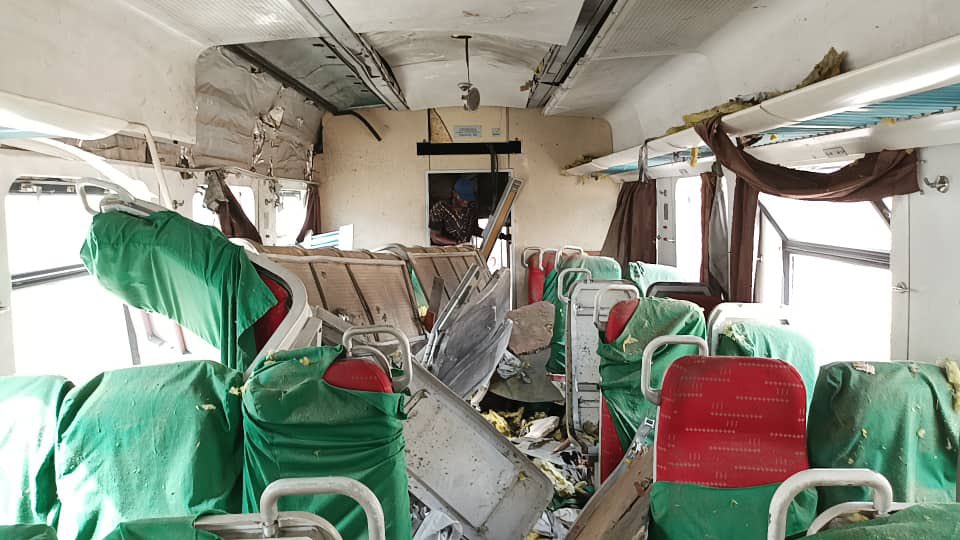
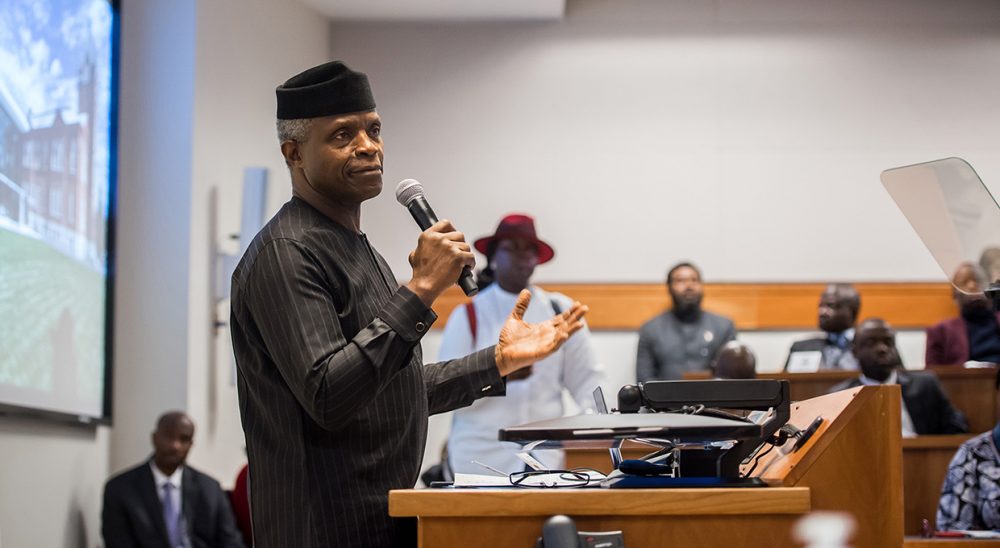



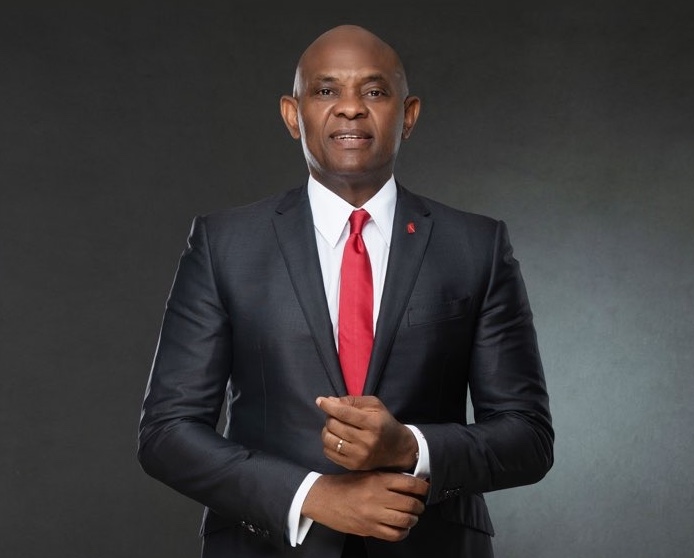


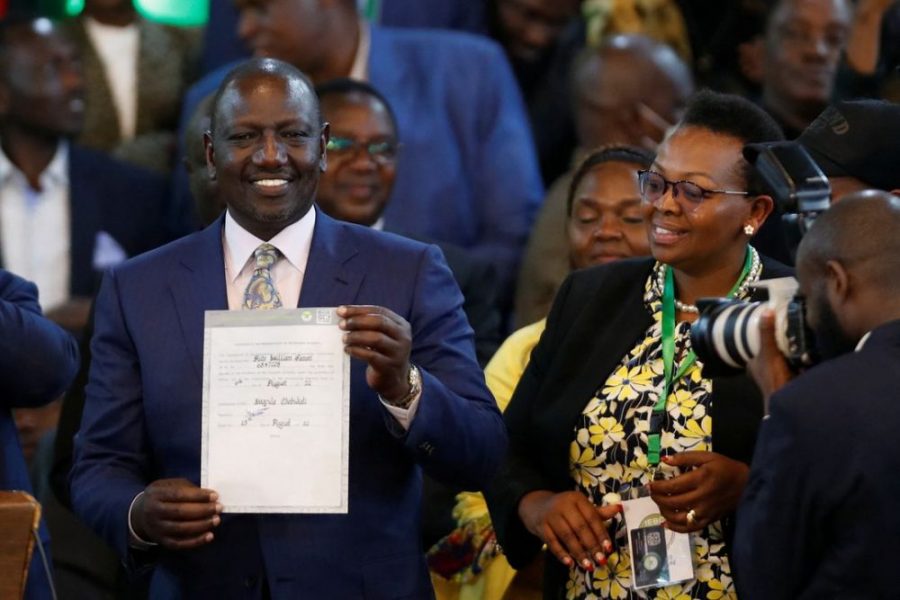

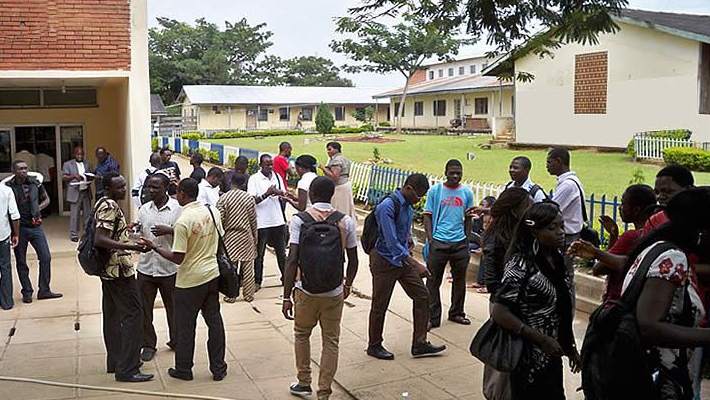
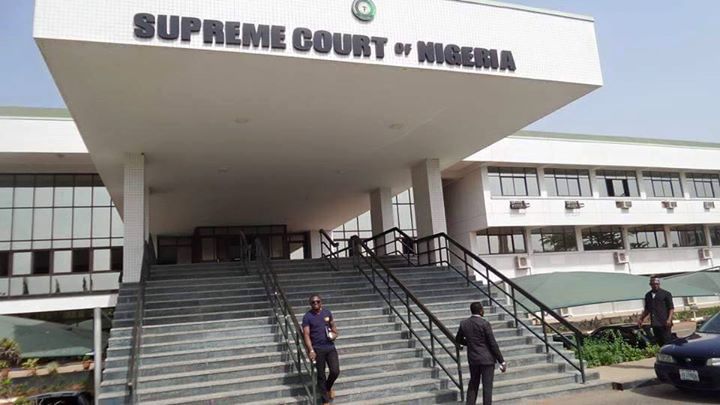

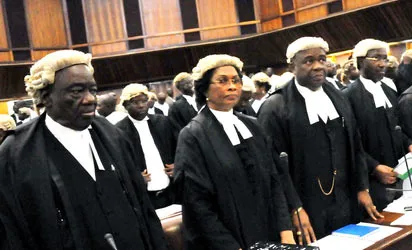
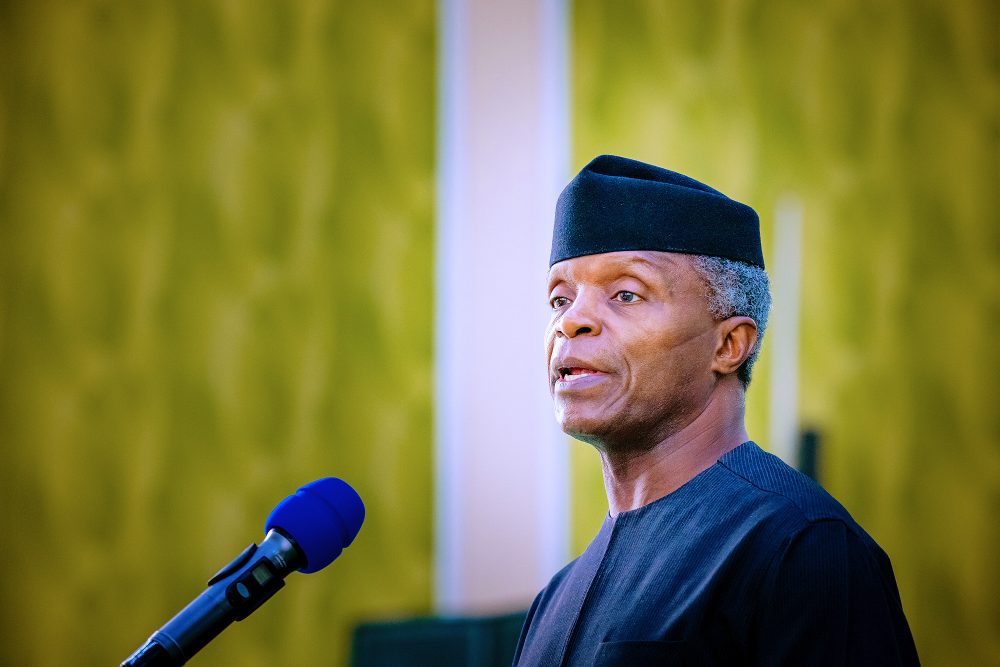
Leave a comment